
Pro Patria
This is a collection of seven patriotic long poems by Julia Caroline Dorr. – Summary by Carolin [chương_files]










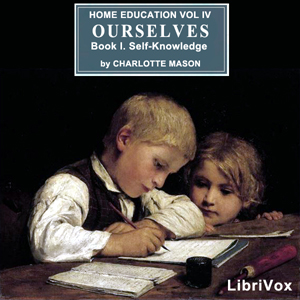
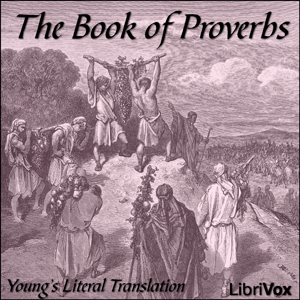








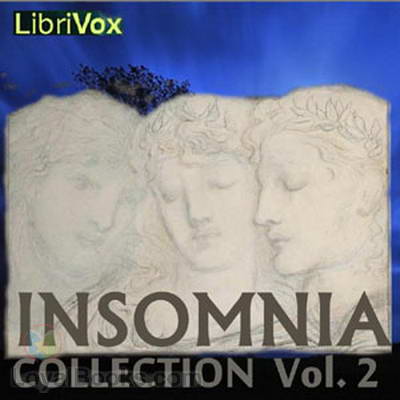







This is a collection of seven patriotic long poems by Julia Caroline Dorr. – Summary by Carolin [chương_files]

Serialized in Shadowland from November 1921 to February 1922, Hollywood: Its Morals and Manners is Theodore Dreiser’s shocking four part expose on the motion picture industry. In it, he shares his observations from his extended stay in Los Angeles, and gives us an intimate look at the seedier underside of Hollywood. [chương_files]

Religio Medici (The Religion of a Doctor) sets out Sir Thomas Browne’s spiritual testament as well as being an early psychological self-portrait. In its day, the book was a European best-seller. It was published in 1643 by the newly-qualified physician, and its unorthodox views placed it swiftly upon the Papal Index Librorum Prohibitorum in 1645. Although predominantly concerned with Christian faith, the Religio also meanders into digressions upon alchemy, hermetic philosophy, astrology, and physiognomy. Hydriotaphia, Urn Burial, or a Discourse of the Sepulchral Urns lately found in Norfolk, was published in 1658. Its nominal subject was the discovery of a Roman urn burial in Norfolk. The discovery of these remains prompts Browne to deliver, first, a careful description of the antiquities found, and then a careful survey of most of the burial and funerary customs, ancient and current, of which his era was aware. The most famous part of the work, though, is the fifth chapter, where Browne quite explicitly turns to discuss man’s struggles with mortality, and the uncertainty of his fate and fame in this world and the next, to produce an extended funerary meditation tinged with melancholia. The changes wrought by time and eternity, the fleetingness of mortal fame, and our feeble attempts to cope with the certainty of death are Browne’s subjects. Yet, at the same time, Browne can be tersely witty, mocking human vainglory. A piece of exquisite baroque prose that George Saintsbury called “the longest piece, perhaps, of absolutely sublime rhetoric to be found […]
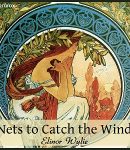
This is the first volume of Poems by American poet and novelist Elinor Wylie, published in 1921. – Summary by Carolin [chương_files]
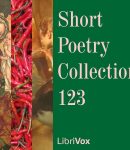
This is a collection of poems read by LibriVox volunteers for August 2013. [chương_files]
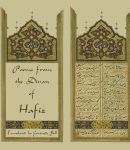
Hafiz was a Persian poet. His collected works (Divan) are regarded as a pinnacle of Persian literature. While influenced by Islam, his mystical works are highly regarded by Hindus, Christians and others, and his influence extends to several well-known writers such as Thoreau, Goethe, and Ralph Waldo Emerson. This modest collection of 43 poems is translated by Gertrude Bell. – Summary by Kevin Davidson and the Wikipedia [chương_files]
This is a collection of 22 poems read by LibriVox volunteers for September 2014. [chương_files]

This is a collection of 19 poems read by LibriVox volunteers for May 2014. [chương_files]

This is a collection of poems by Julia Caroline Dorr. – Summary by Carolin [chương_files]

This is a collection of 34 poems read by LibriVox volunteers for July 2017. It includes a longer poem, Parliament of the Birds by Farid ud-Din Attar. Introduction by the reader: This is one of the best-loved classics of Sufi literature. In his own land, Attar is better known than Rumi or Hafiz. Translation is by Edward Fitzgerald, who 160 years ago brought the Rubaiyat of Omar Khayam to English-speaking audiences. Lacking governance and beginning to descend into anarchy, the birds come together to agree on leadership. The brilliant and charismatic Tajidar the Wise rises to speak, and proposes that the birds undertake a long and treacherous pilgrimage to seek salvation and transfiguration from Simorgh, the Holy Presence. Each of the birds presents his special reasons for declining the trip, which Tajidar rebuts with a relevant moral tale. The trip will be arduous, and will require each bird to leave behind not just his possessions but his family, his pride, his attachments. But the reward–if Simorgh’s grace be granted–will be freedom and knowledge of self and the world. All the birds set out and the vast majority perish along the way. For the thirty that reach their appointment with destiny, there is a surprise in store. Hint: “Simorgh” in Persian can be read to mean “30 birds”. [chương_files]
Copyright © 2024 | FreeAudible